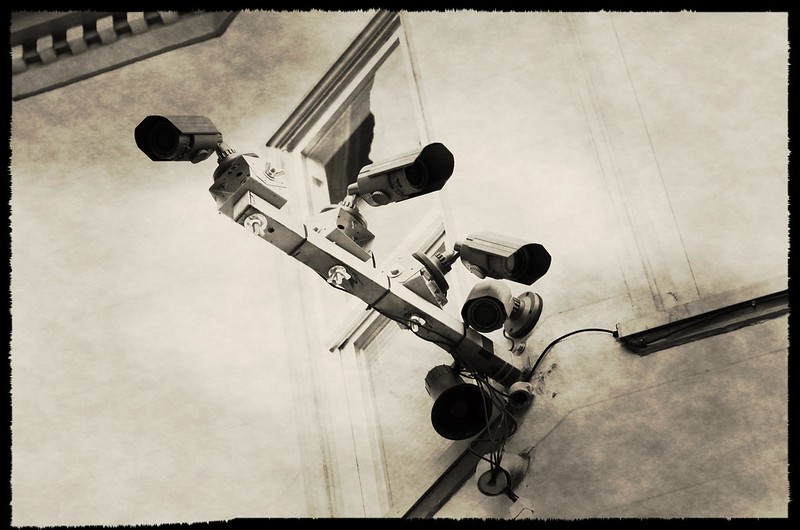“Big Apple Connect should close the digital divide, not open the door to unchecked NYPD surveillance. Linking NYCHA camera feeds to the Domain Awareness System without POST Act transparency or resident input erodes trust and threatens civil liberties. Public housing residents deserve safety and privacy — not a trade-off between the two.”– Noel Hidalgo, Executive Director of BetaNYC and Commission on Public Information and Communication (COPIC) Member
Big Apple Connect was meant to bridge the digital divide — not wire public housing into a citywide spy network. New York Focus’ reporting that the Adams administration is linking NYCHA camera feeds directly to the NYPD’s Domain Awareness System via the Big Apple Connect broadband network should alarm every New Yorker. Public housing residents must not become unwitting subjects of unregulated surveillance in their own homes.
BetaNYC commends efforts to expand internet access — but this is not what we bargained for. Free broadband should empower communities, not funnel them into an ever-expanding data dragnet. The Domain Awareness System, already robust and opaque, collects real-time footage without warrants, and powers predictive policing and facial recognition tools that are prone to algorithmic bias.
The Public Oversight of Surveillance Technology (POST) Act was designed to give the public transparency into the NYPD’s surveillance tools and policies. Using Big Apple Connect to expand the DAS’s reach into NYCHA without open hearings, clear disclosures, or resident consultation undermines the spirit — if not the letter — of that law.
We call on the Mayor’s Office, City Council, and NYCHA leadership to press pause.
Any extension of surveillance into public housing must include:
- Full transparency about which developments are affected and what data is being collected or shared;
- Impact assessments, co-designed with residents, privacy advocates, and technologists;
- Guardrails and oversight — including independent audits, meaningful resident consent, and strict limits on data retention and use.
Public safety should be grounded in trust — not covert expansion of surveillance. Broadband access and civil liberties must go hand in hand — not be traded as opposing values.
Reference links
- Adams Quietly Uses Free Internet at NYCHA to Expand Police Surveillance by Zachary Groz
- Five Unanswered Questions About Eric Adams’s Expanded Surveillance at NYC Public Housing by Zachary Groz
- NYPD’s POST Act reporting page.
- The text of the POST Act.
- Surveillance Technology Oversight Project (S.T.O.P.) Condemns Adams’ NYCHA Surveillance Through Public Broadband
